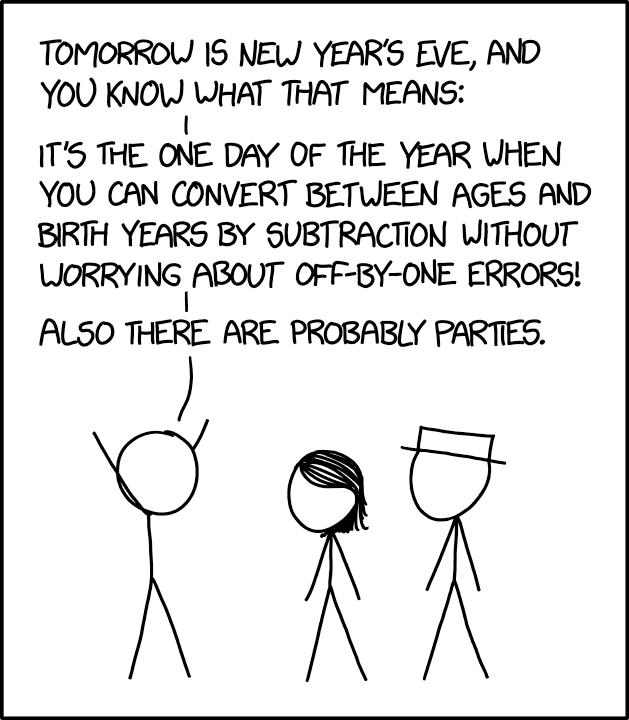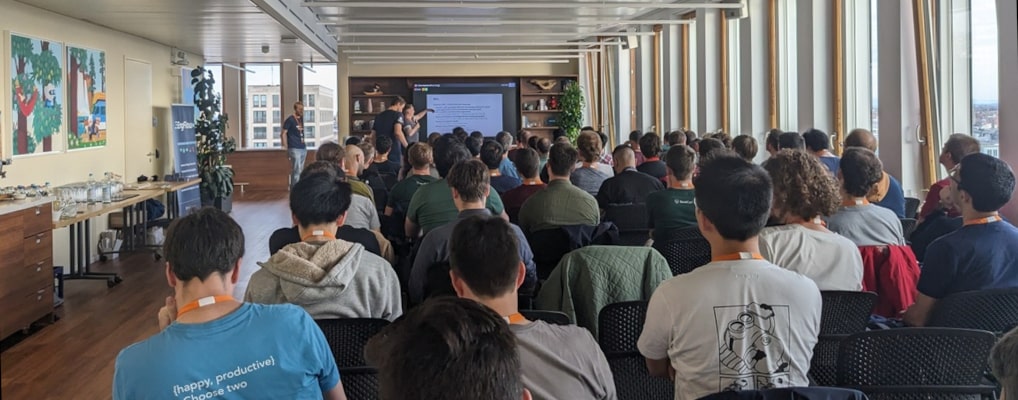What’s common between GCP Next and the Sphere?
My impressions and insights based on attending the GCP Next event in Las Vegas on April 9-11, 2024.

Summary
Thanks to our Google Cloud Platform partner, I was able to attend the GCP Next conference in Las Vegas this year. This was my 2nd GCP Next; the first was in 2018 in San Francisco, when I was actually on the inside as part of the Google Cloud team, leading content for the DevOps tooling track!
The schedule and setting made it very clear that Google’s top goal for GCP Next this year was to promote AI, followed by security. There was also a prominent display of data and security platforms, but AI dominated even those vendor displays and presentations.









